2026 Visiting Scholars Speaker Series & Community Networking Conference
Hold the Phone: Exploring the Intersections of Screen Time, Brain Health, and Learning
The Wake Forest Center for Literacy Education will host its second annual Visiting Scholars Speaker Series and Community Networking Conference on Monday, March 23, 2026. The event is free and open to the public. It will take place from 4:30 to 8:00 pm at the Byrum Welcome Center on the campus of Wake Forest University.
The theme of this year’s conference is “Hold the Phone: Exploring the Intersections of Screen Time, Brain Health, and Learning,” which aligns with Wake Forest University’s neuroscience and society initiative.
Speakers on six panels will engage in meaningful dialogue on topics related screen time, brain health, and learning across various fields including but not limited to neuroscience, education, literacy, technology, aging, neurology, physical health, mental health, pediatrics, psychology, communication, and philosophy. Each panel will include scholars and practitioners sharing important research and information in a manner that is accessible for public consumption. We hope you will plan to join us.
Event Schedule
4:30 – 4:55 pm
Panel 1 – The Intersection of Screen Time, Play, and Healthy Living
- Moderator: Shannon Dobson, Director of Behavior Support & Alternative Learning, Winston-Salem/Forsyth County Schools
- Panelist: Dr. Joey Skelton, Professor, Pediatrics, Wake Forest School of Medicine, and Director of Brenner FIT® (Families In Training)
- Panelist: Dr. Michele K. Lewis, Professor, Psychological Sciences, Winston-Salem State University
5:00 – 5:25 pm
Panel 2 – The Intersection of Screen Time, Health Behaviors, and Pediatrics
- Moderator: Dr. Shaketha A. Gray, Assistant Professor, General Pediatrics and Adolescent Medicine, Wake Forest University School of Medicine
- Panelist: Dr. Anna Miller-Fitzwater, Associate Professor, General Pediatrics and Adolescent Medicine, Wake Forest University School of Medicine
- Panelist: Dr. Bridget Armstrong, Associate Professor of Exercise Science, Arnold School of Public Health, University of South Carolina
5:30 – 5:55 pm
Panel 3 – The Intersection of Teaching, Learning, and Technology in K-12 Schools and Higher Education
- Moderator: Dr. Ali Sakkal, Associate Teaching Professor of Education, Wake Forest University
- Panelist: Vera Cubero, Emerging Technology Consultant, North Carolina Department of Public Instruction
- Panelist: Dr. Geoff Price, Executive Director Digital Learning & Innovation, Belmont University
6:00 – 6:25 pm
Panel 4 – The Intersection of Social Media, Communication, and Families
- Moderator: Dr. Shannon Brady, Associate Professor of Psychology, Wake Forest University
- Panelist: Dr. Marina Krcmar, Professor of Communication and Associate Dean of Faculty, Wake Forest University
- Panelist: Dr. Michaeline Jensen, Associate Professor of Psychology, UNC Greensboro
6:30 – 6:55 pm
- Refreshments and Networking
7:00 – 7:25 pm
Panel 5 – The Intersection of Technology, the Adolescent Brain, and Cognitive Development
- Moderator: Dr. Remi Kalir, Associate Director of Faculty Development and Applied Research, University Learning Innovation & Lifetime Education Program, Duke University
- Panelist: Dr. Mitch Prinstein, John Van Seters Distinguished Professor of Psychology and Neuroscience, UNC Chapel-Hill, and Chief of Psychology, American Psychological Association
- Panelist: Dr. Eva Telzer, Professor of Psychology and Neuroscience, UNC Chapel Hill
7:30 – 7:55 pm
Panel 6 – The Intersections of Screen Time, Brain Health, and Learning
- Respondent: Dr. Ana Iltis, Professor of Philosophy, Carlson Professor of University Studies, and Director of the Center for Bioethics, Health, and Society, Wake Forest University
- Respondent: Dr. Ken Kishida, Boswell Presidential Chair of Neuroscience and Society, Associate Professor of Translational Neuroscience, Wake Forest University
- Respondent: Dr. Maya Opendak, Assistant Professor, Department of Neuroscience at Johns Hopkins University School of Medicine and Kennedy Krieger Institute
7:55 – 8:00 pm
Closing Remarks
- Dr. Alan Brown, Chair and Professor, Department of Education, and Director, Center for Literacy Education, Wake Forest University
Speakers, Panelists, & Moderators
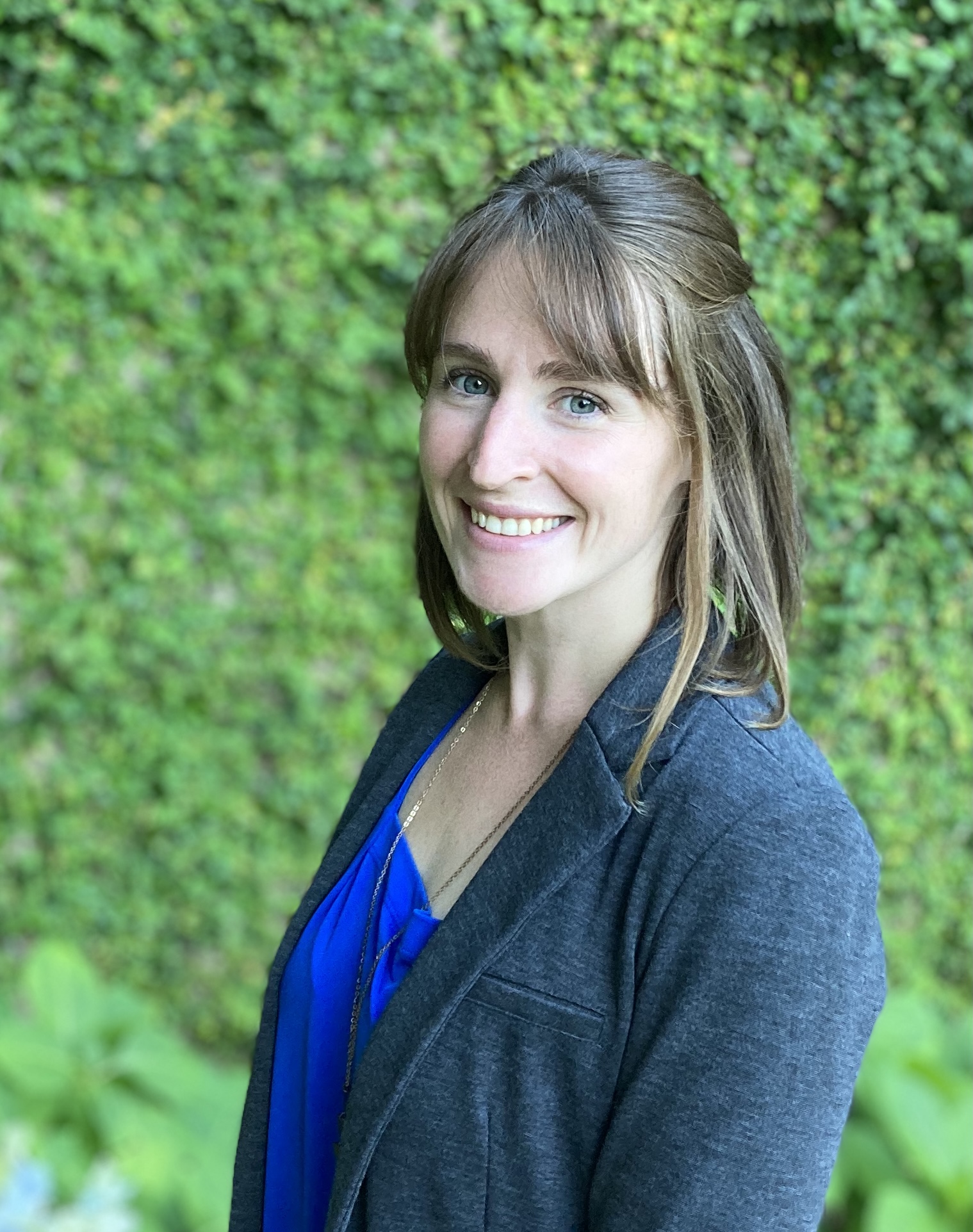
Dr. Bridget Armstrong is an Associate Professor at the University of South Carolina’s Arnold School of Public Health. Trained as a clinical and health psychologist, she studies how children and families use digital media—and how those habits shape sleep, physical activity, and social-emotional well-being. Her work blends innovative tools like mobile sensing technology with measures of day-to-day family experiences to get a clearer, more accurate picture of screen time in real life. She’s passionate about helping the field move beyond self-reported screen use toward measurements that truly reflect how kids engage with technology. At the heart of her research is a goal to guide practical strategies and policies that help children and families build healthy relationships with their screens.
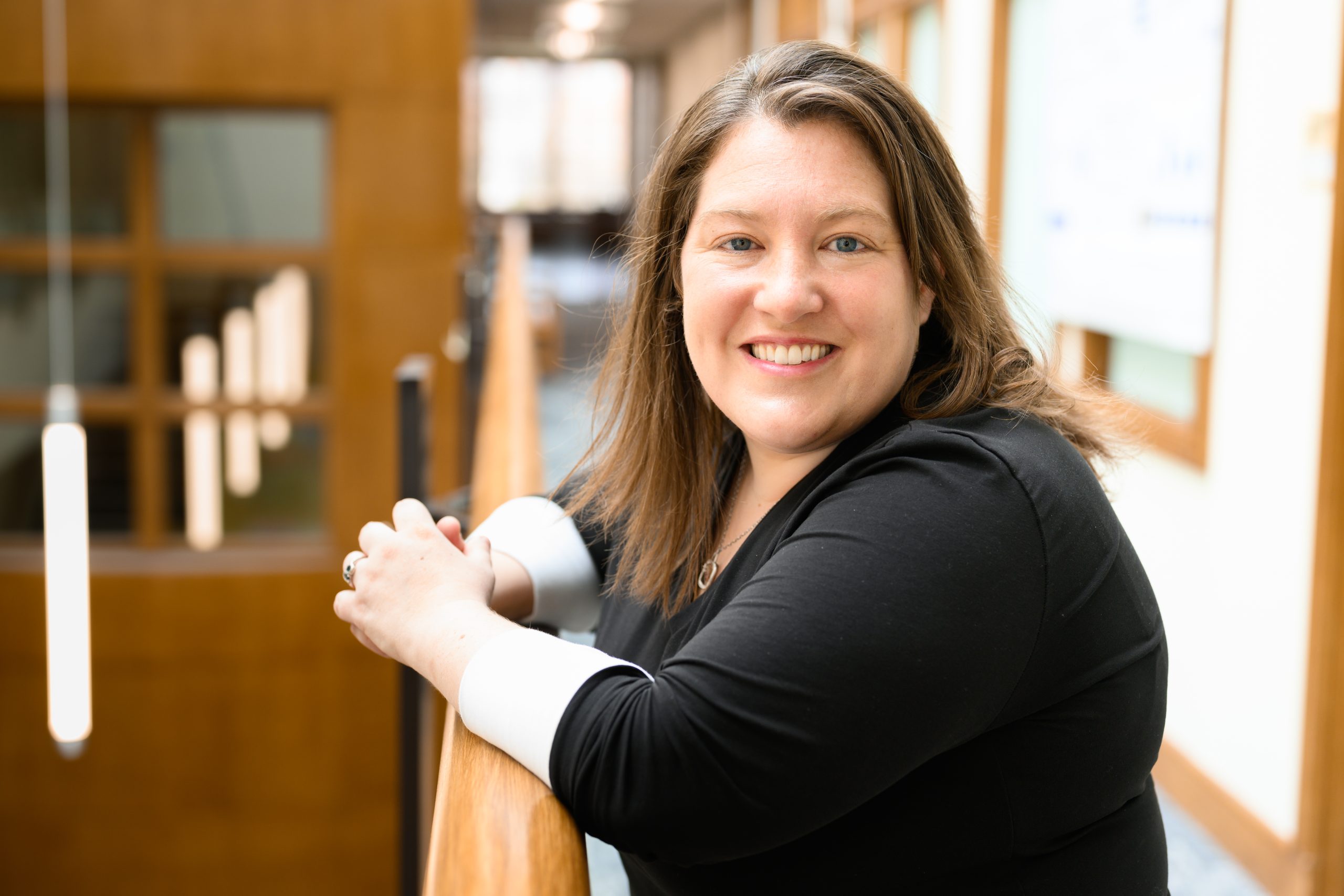
Dr. Shannon T. Brady is an Associate Professor of Psychology at Wake Forest University, where she studies how people make meaning of themselves and their environments and the consequences for well-being, belonging, achievement, relationships, and health. She leverages insights from social psychological theory to develop and test practices and policies that improve these outcomes, with a focus on ensuring all students and teachers have opportunities to thrive. Dr. Brady’s work has been published in top-tier journals including Science and Educational Researcher, and she was recently awarded Wake Forest’s Reid-Doyle Prize for Excellence in Teaching. She earned her Ph.D. in Developmental and Psychological Sciences from Stanford University and her M.S. in Education from Black Hills State University. Before graduate school, she taught at Taopi Cikala Owayawa (Little Wound School) on the Pine Ridge Indian Reservation in South Dakota.

Vera Cubero is the Emerging Technologies Consultant for the North Carolina Department of Public Instruction. She has a wide range of experience in K-12 education at the school, district, and state levels and a passion for responsible AI implementation and promoting AI Literacy for all students and staff. In this statewide leadership role, she leads North Carolina’s AI implementation and was instrumental in publishing North Carolina’s AI Guidelines, a comprehensive guidebook for education leaders (go.ncdpi.gov/AI_Guidelines). She is also honored to serve on the Southern Regional Education Board’s Commission on Artificial Intelligence in Education, EdSafe Alliance AI Catalyst Fellowship, and the EdSafe State AI Policy Lab, as well as on several other task forces and working groups.

Shannon Dobson is the Director of Behavior Support and Intervention for Winston-Salem/Forsyth County Schools. She is a National Board-Certified Teacher, Board Certified Behavior Analyst, and Licensed Behavior Analyst. As both a clinician and educator, her work focuses on applying the science of behavior to schoolwide positive frameworks and individualized, function-based supports that increase students’ access to learning environments. She oversees the district’s Code of Character, Conduct, and Support and collaborates with schools to design systems that promote regulation, engagement, and meaningful participation. As a moderator, she brings a clinical and school-based perspective to support thoughtful dialogue between research and practice.
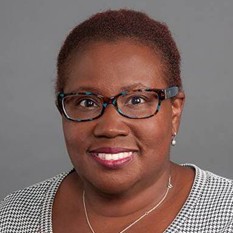
Dr. Shaketha A. Gray is a board-certified Adolescent Medicine physician in the section of General Academic Pediatrics at Atrium Health Brenner’s Children’s Hospital. She earned a medical degree from St. George’s University and completed her residency in Pediatrics at Elmhurst Hospital associated with Mount Sinai in New York. She then completed a fellowship in Adolescent Medicine at Nationwide Children’s Hospital in Columbus, Ohio. She is a member of the American Academy of Pediatrics, the Society of Adolescent Health and Medicine, and the National Association of Pediatrics and Adolescent Gynecology. Since coming to Brenner’s Children’s hospital in 2022, she has created several specialized clinics for adolescents including the Pediatric and Adolescent Eating Disorder Clinic.
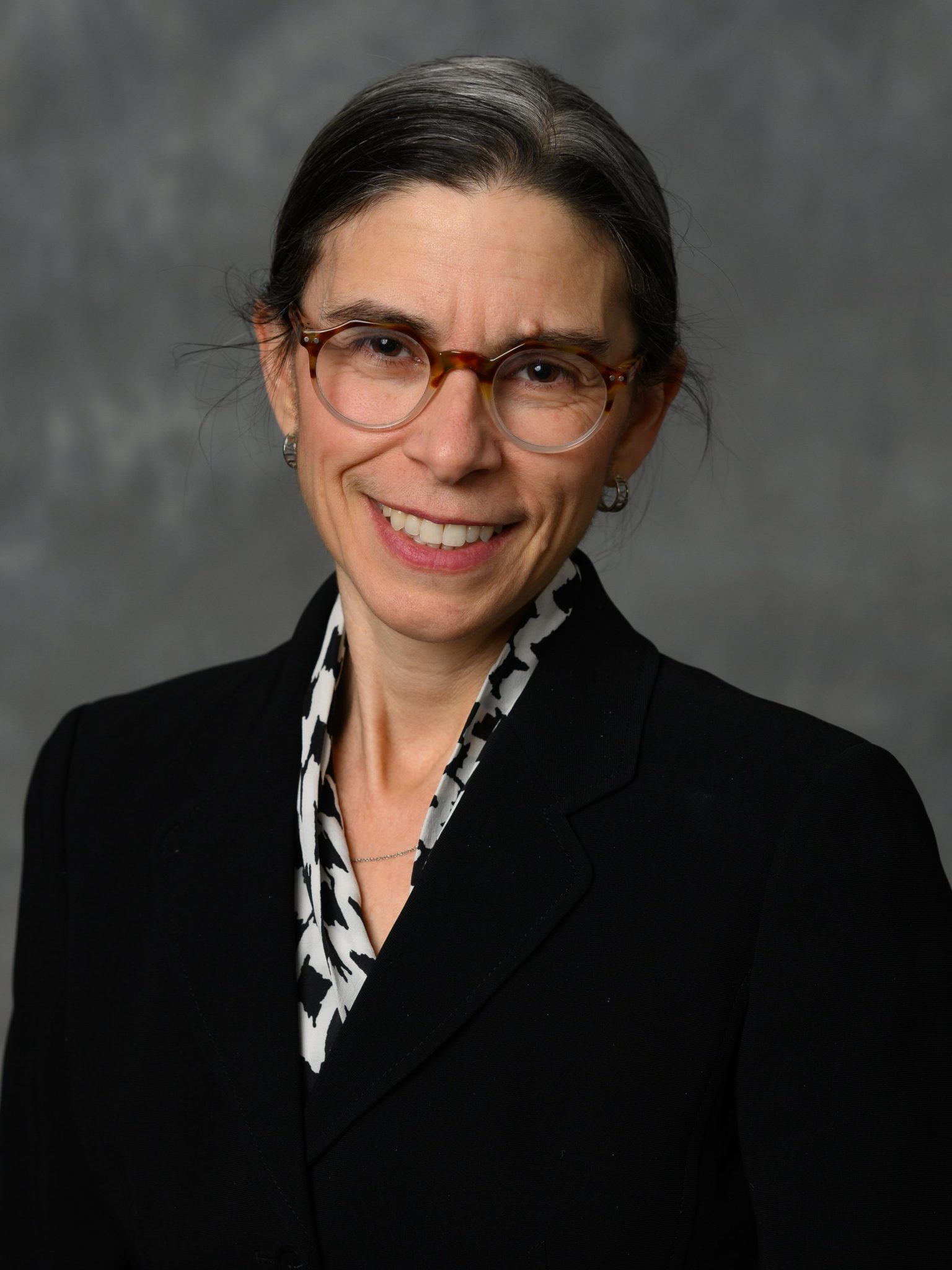
Ana S. Iltis, PhD, is the Carlson Professor of University Studies, Professor of Philosophy, and Director, Center for Bioethics, Health and Society at Wake Forest University. She holds an appointment in the Department of Social Sciences and Health Policy at Wake Forest School of Medicine. She is a past President of the American Society for Bioethics and Humanities, a Fellow of the Hastings Center, and a Non-Resident Fellow in the Baker Institute for Public Policy at Rice University. Dr. Iltis is Founding Co-Editor of Narrative Inquiry in Bioethics (Johns Hopkins University Press), Associate Editor of the Journal of Medicine and Philosophy (Oxford University Press), and co-editor of the Annals of Bioethics (Routledge) series. Most recently, she edited the Oxford Handbook of Research Ethics. Iltis’ scholarly focus is primarily on the ethical conduct of human research, including research involving children and mental health research. She also works on ethics and policy issues regarding emerging biotechnologies. She earned her Ph.D. in Philosophy at Rice University and completed bioethics training at Baylor College of Medicine in Houston, Texas.
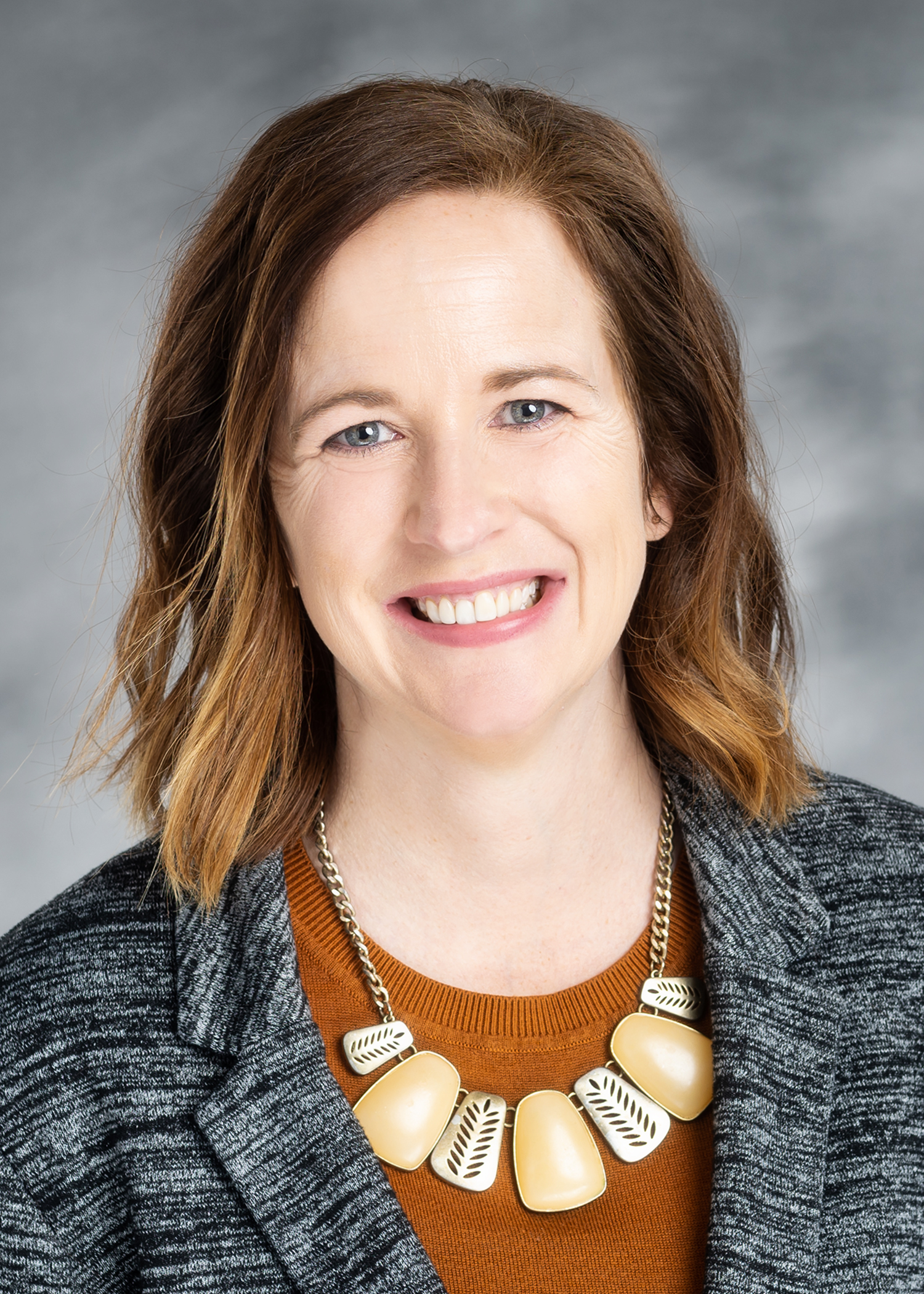
Dr. Michaeline Jensen is a licensed psychologist and Associate Professor of Psychology at UNC Greensboro. She obtained her PhD in Clinical Psychology at Arizona State University and completed a postdoctoral fellowship at the Carolina Consortium on Human Development. Her research leverages novel methods and modern communication technologies to elucidate the role of technology in youth relationship maintenance, mental health, and substance use and to uncover social-communication processes that researchers often struggle to accurately assess via self-report.
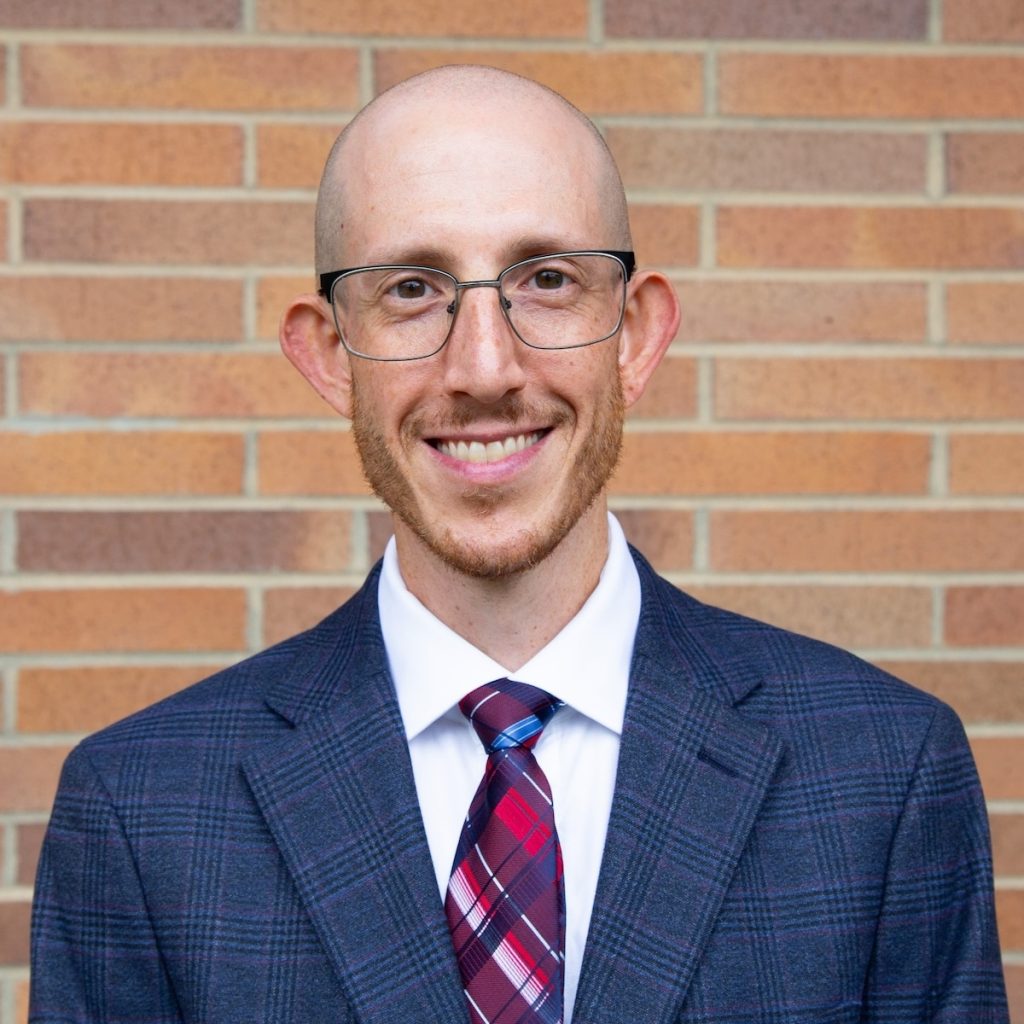
Remi Kalir, PhD, is Associate Director of Faculty Development and Applied Research with Learning Innovation and Lifetime Education at Duke University, where he also serves as Associate Director of the Center for Applied Research and Design in Transformative Education (CARADITE). As a scholar of annotation, Dr. Kalir has written two books—Re/Marks on Power: How Annotation Inscribes History, Literacy, and Justice (2025) and Annotation (2021), both published by MIT Press. He has also authored and contributed to over 50 peer-reviewed publications about learning technologies, literacy education, and professional development. Dr. Kalir began his career teaching literacy at Middle School 22 in the South Bronx, and earned his PhD in Curriculum and Instruction from the University of Wisconsin-Madison.
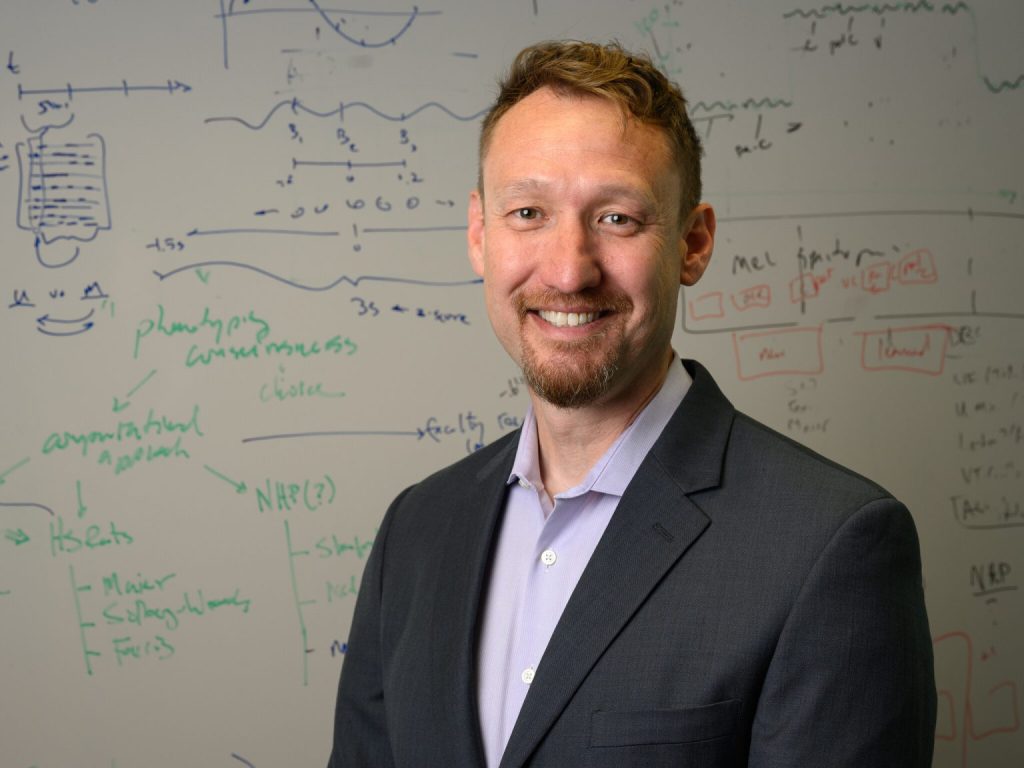
Dr. Kenneth T. Kishida is the inaugural Boswell Presidential Chair of Neuroscience and Society, advancing the University’s interdisciplinary initiative to connect brain science with pressing societal issues. Dr. Kishida, internationally recognized for his work on the neurocomputational mechanisms underlying learning, decision-making and conscious experience, is also Professor of Biology at Wake Forest University and Professor of Translational Neuroscience and Neurosurgery at Wake Forest University School of Medicine.
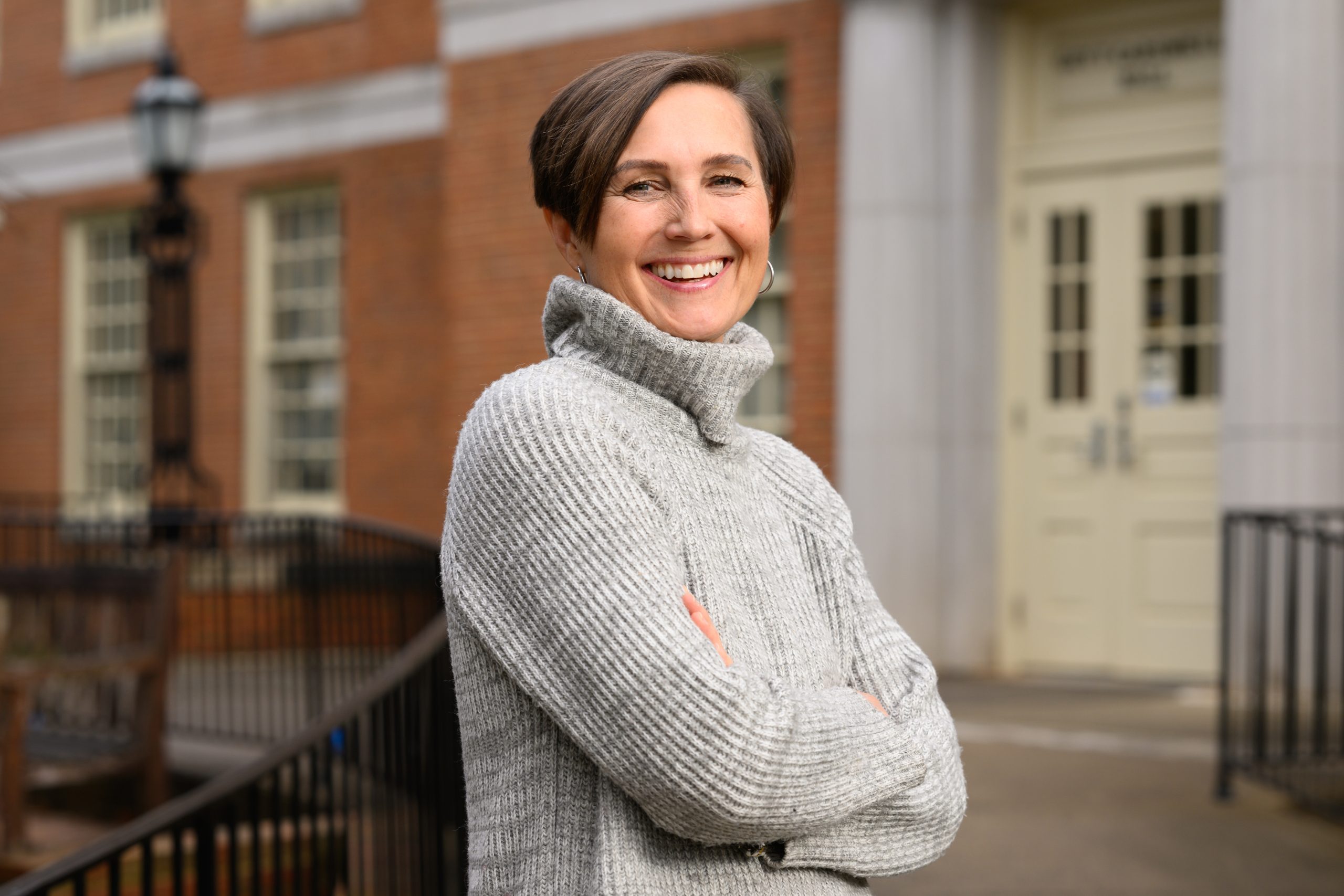
Dr. Marina Krcmar (PhD, University of Wisconsin-Madison) is a professor in the Department of Communication at Wake Forest University. Her research focuses on the uses and effect of media on children and families, with more specific attention on well-being. Her most recent work focuses on social media use and adolescent well-being as well as young children’s moral reasoning and prosocial learning from prosocial programming. She has authored two books and more than 25 book chapters and 100 peer-reviewed articles. In 2023, she was awarded the Senior Scholar Award by the National Communication Association Division of Children and Media.
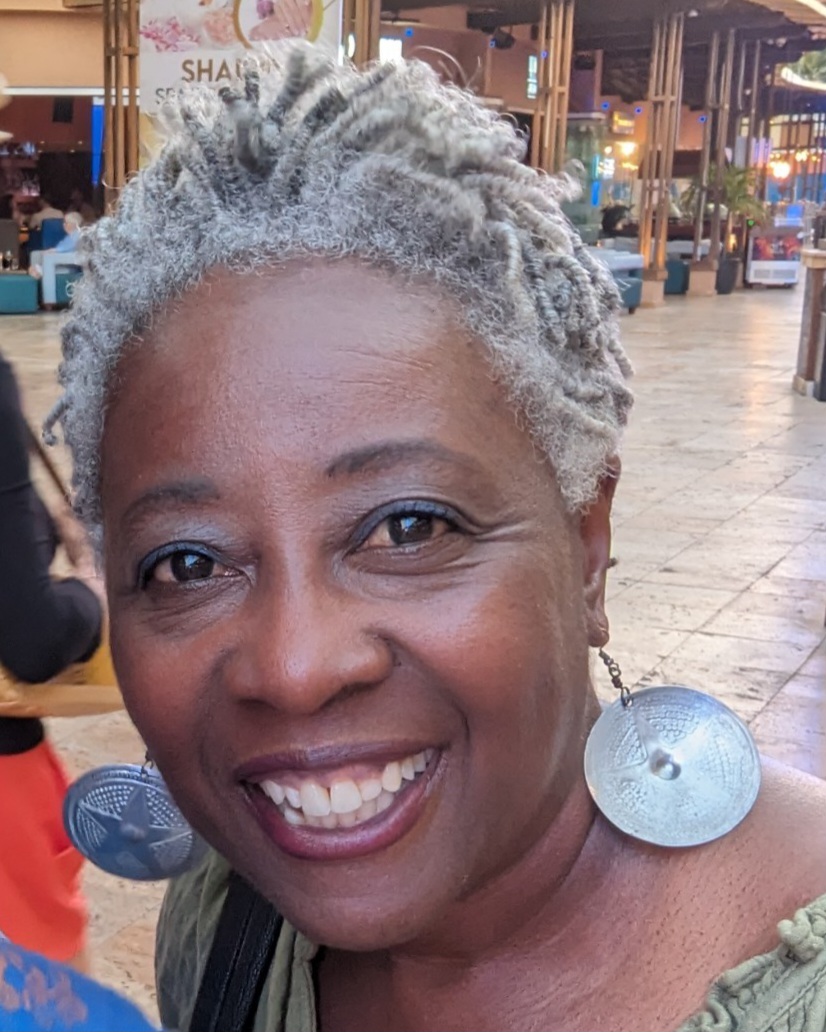
Michele K. Lewis, PhD, is a professor in the Department of Psychological Sciences at Winston-Salem State University. She is author of Our Biosocial Brains: The Cultural Neuroscience of Bias, Injustice and Power. She also authors a popular professional blog for Psychology Today entitled “Cultural Neuroscience: The Social Life of our Brains.”
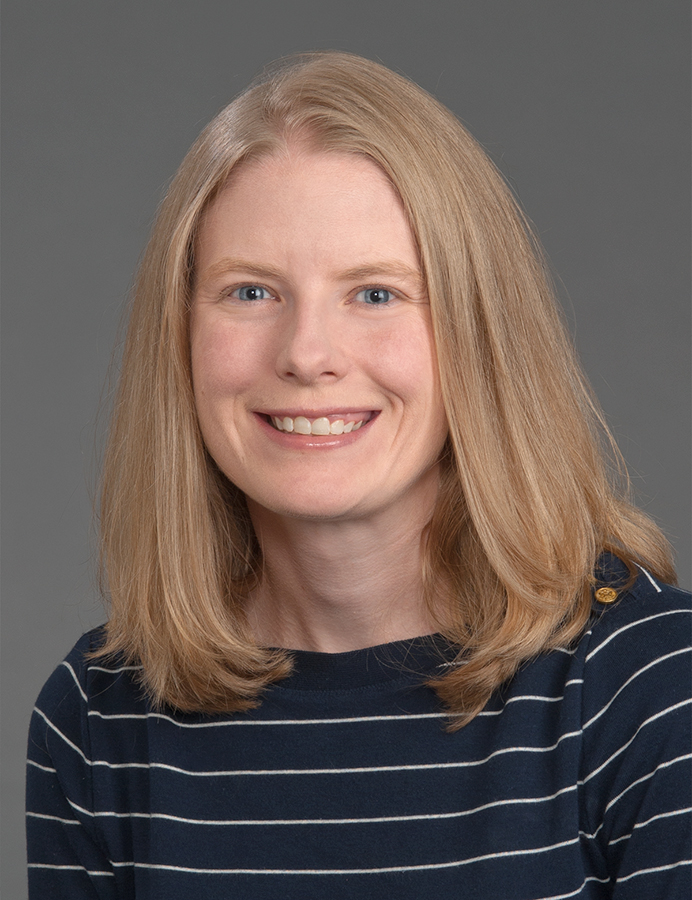
Dr. Anna Miller-Fitzwater is a Clinical Associate Professor of Pediatrics in General Pediatrics at Wake Forest University School of Medicine, Atrium Health Wake Forest Baptist Brenner Children’s Hospital. She provides both direct clinical care and resident supervision in the newborn nursery and outpatient general pediatrics clinic. She has a passion for improving healthcare on a population level through advocacy, quality improvement, care management, and cross-sector community-based initiatives with a particular focus on early childhood and Medicaid. She is Treasurer and a member of the Board of Directors of the North Carolina Pediatric Society and is the American Academy of Pediatrics (AAP) Early Childhood Champion for North Carolina. Nationally, she is active in the AAP Council on Early Childhood where she is a member of the Executive Committee and co-chair of the Early Literacy Subcommittee.
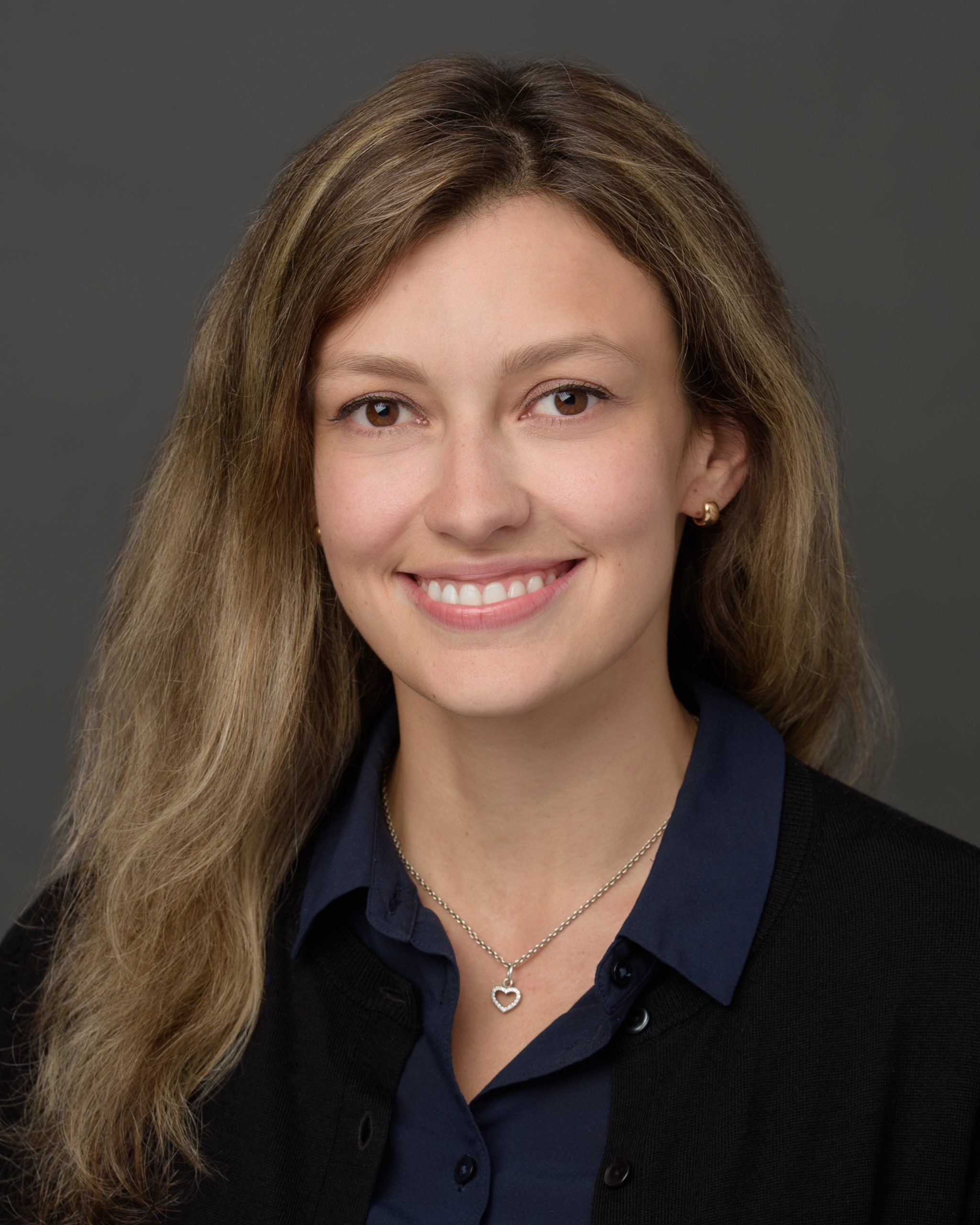
Dr. Maya Opendak is an Assistant Professor of Neuroscience at the Kennedy Krieger Institute and Solomon H. Snyder Department of Neuroscience at the Johns Hopkins University School of Medicine. Her lab studies the specific infant neuroanatomical circuits that generate developmentally-appropriate social behavior and how these systems go awry following adversity. The lab uses state-of-the-art neurobiology techniques during infancy to examine how ethologically-relevant social challenges, such as maltreatment and resource scarcity during infancy, produce profound changes in brain structure and function to modify behavior and identify targets for therapeutics and intervention. In addition to technical innovations, Dr. Opendak’s research team also seeks to improve the translational potential of our work through strong collaborations with clinicians and developmental psychologists.
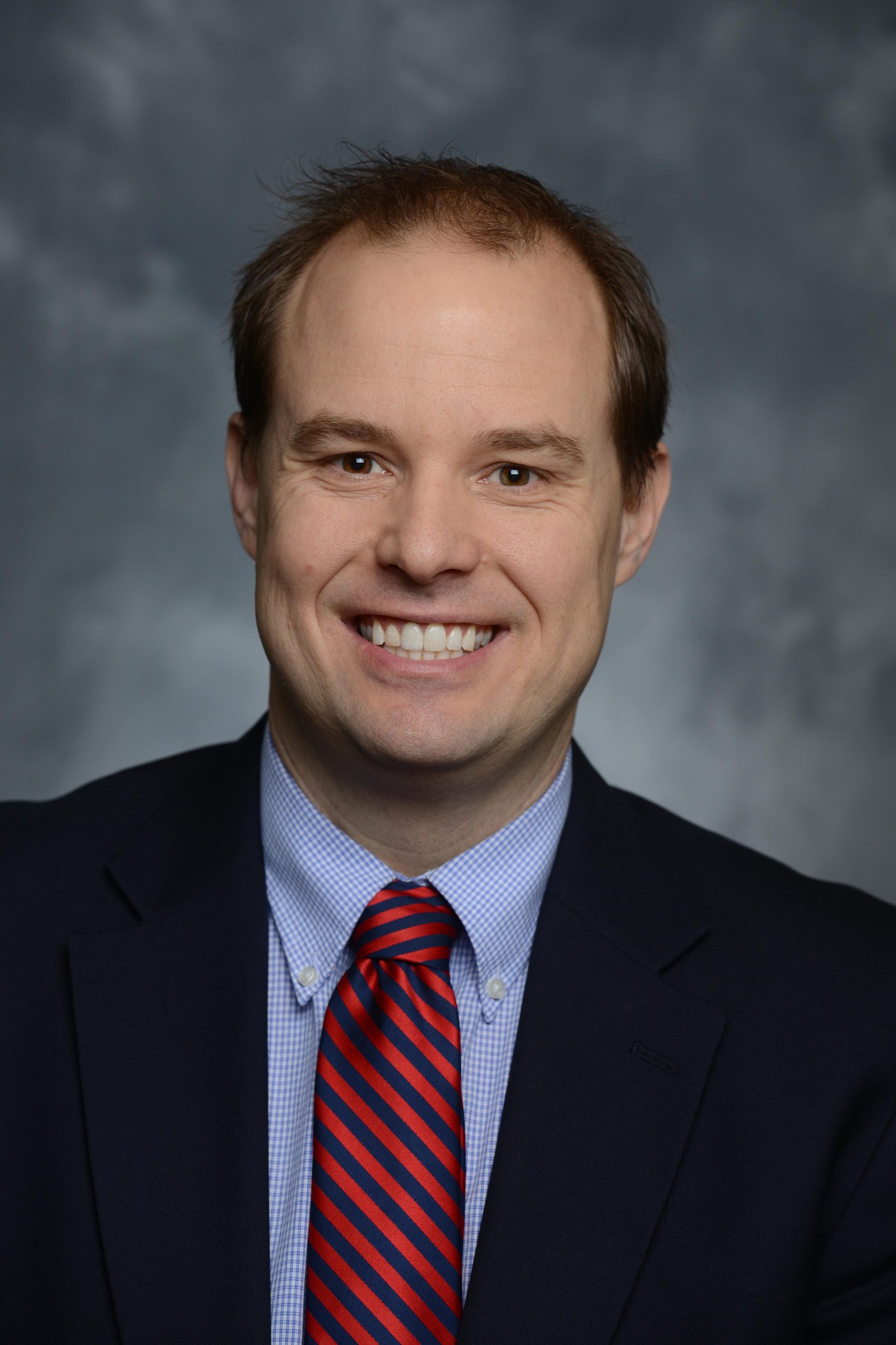
Dr. Geoff Price is the Executive Director of Digital Learning and Innovation at Belmont University, where he oversees the university’s utilization of academic technology to enhance teaching and learning. In this role, he coordinates Belmont’s instructional design, instructional technology, and instructional media services. Prior to Belmont, Dr. Price taught at Wake Forest University, the University of Alabama and Baylor University. His teaching and research center on the integration of technology and pedagogy to create meaningful and effective learning experiences.

Dr. Mitch Prinstein, Ph.D., ABPP, is the Chief of Psychology at the American Psychological Association, and at the University of North Carolina at Chapel Hill he serves as the John Van Seters Distinguished Professor of Psychology and Neuroscience, and the Co-Director of the Winston Center on Technology and Brain Development. For over 25 years, and with continuous funding from the National Institutes of Health, Mitch’s research has examined interpersonal models of internalizing symptoms and health risk behaviors among adolescents, with a specific focus on the unique role of off- and on-line peer relationships in the developmental psychopathology of depression and self-injury. He is a board-certified clinical psychologist and has published over 250 scientific manuscripts and 12 books.
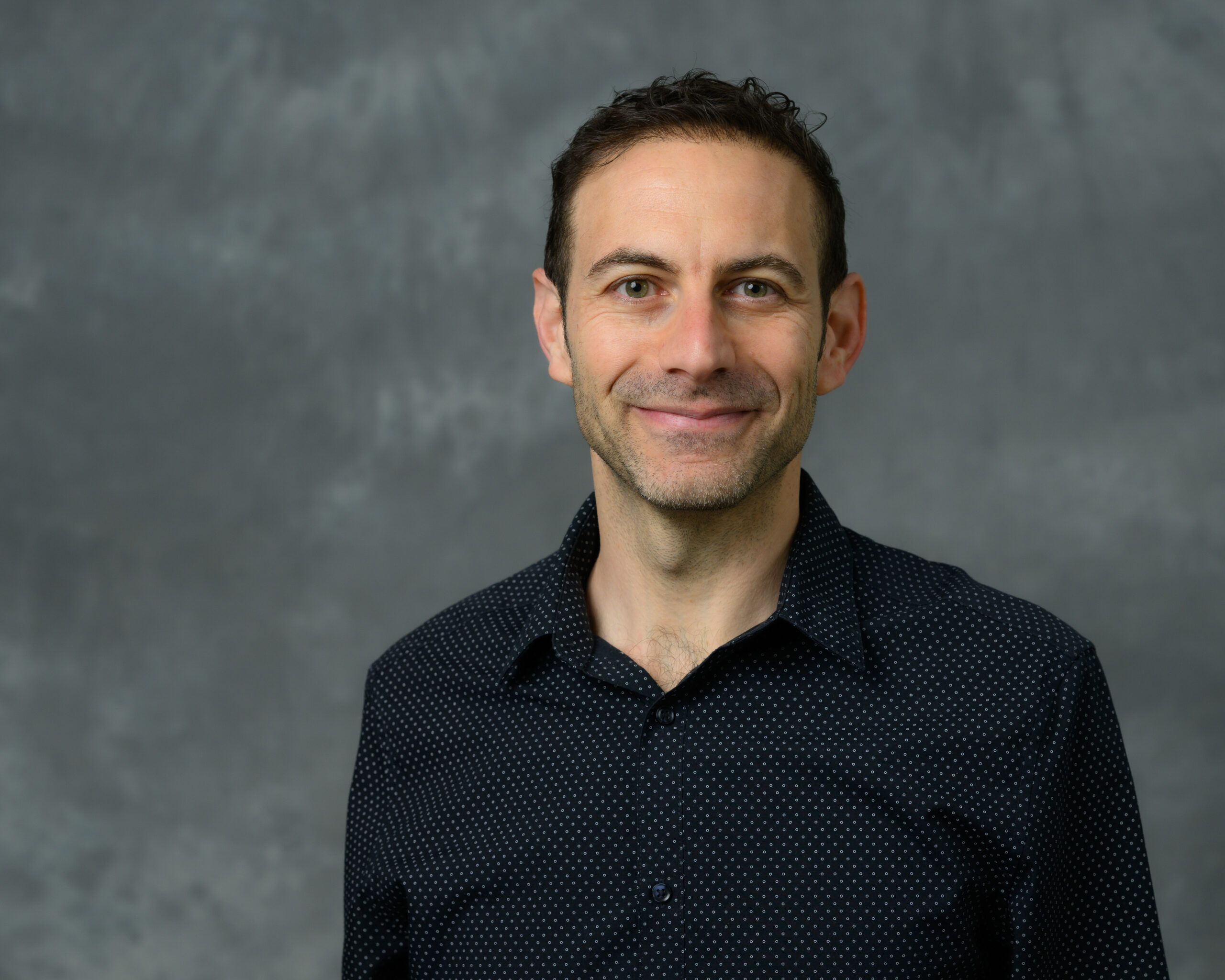
Dr. Ali Sakkal is a faculty member in the Education Department at Wake Forest University, where he teaches courses bridging the learning sciences and education policy. His research has explored higher education in Colombia, learning through videogames, and project-based K–12 environments. These days, he can usually be found teaching—and playing—at the WakerSpace, where his work focuses on how students learn through hands-on making and creative practice. A practicing saxophonist, he brings a commitment to creativity, collaboration, and learning by doing into both his teaching and research.
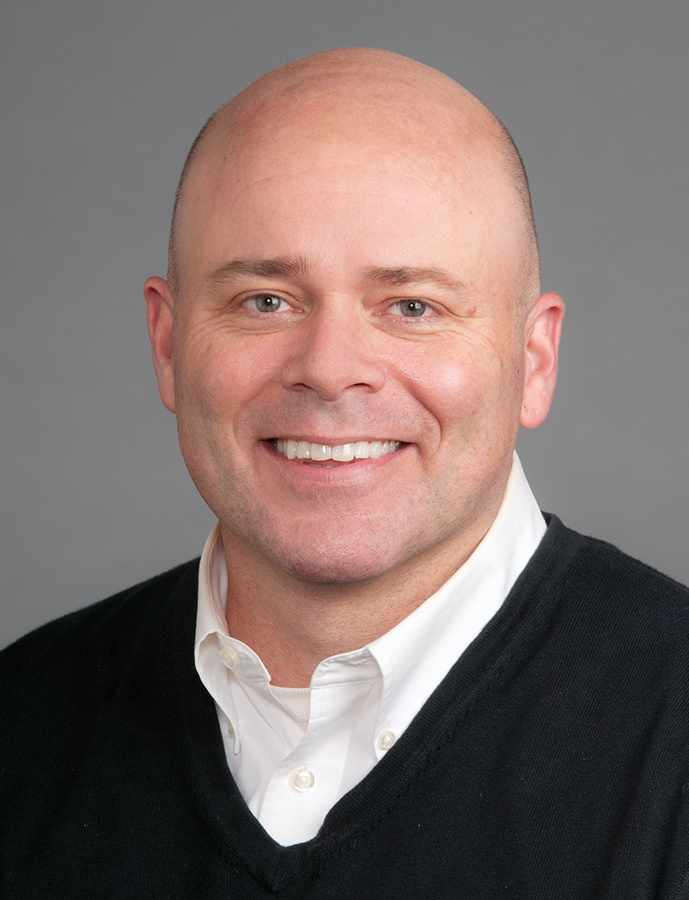
Dr. Joseph A. “Joey” Skelton, MD, MS, FAAP, FTOS, DABOM is a Professor of Pediatrics, and of Epidemiology and Prevention, at Wake Forest University School of Medicine. He is the Founder and Director of Brenner FIT® (Families In Training), an interdisciplinary pediatric obesity treatment, prevention, research, and educational program. He serves as the Director of the Center for Prevention Science in Child and Family Health, Vice Chair of Research for the Department of Pediatrics, Associate Leader of Community and Stakeholder Engagement at Wake Forest University School of Medicine. He is the Editor-in-Chief of the journal Childhood Obesity. He is board certified in Pediatrics and Obesity Medicine. His research and clinical work has focused on the treatment of children with obesity. He has secured nearly $10 million in funding over the past 15 years, has given over 50 national and international presentations, and has over 130 peer-reviewed publications.
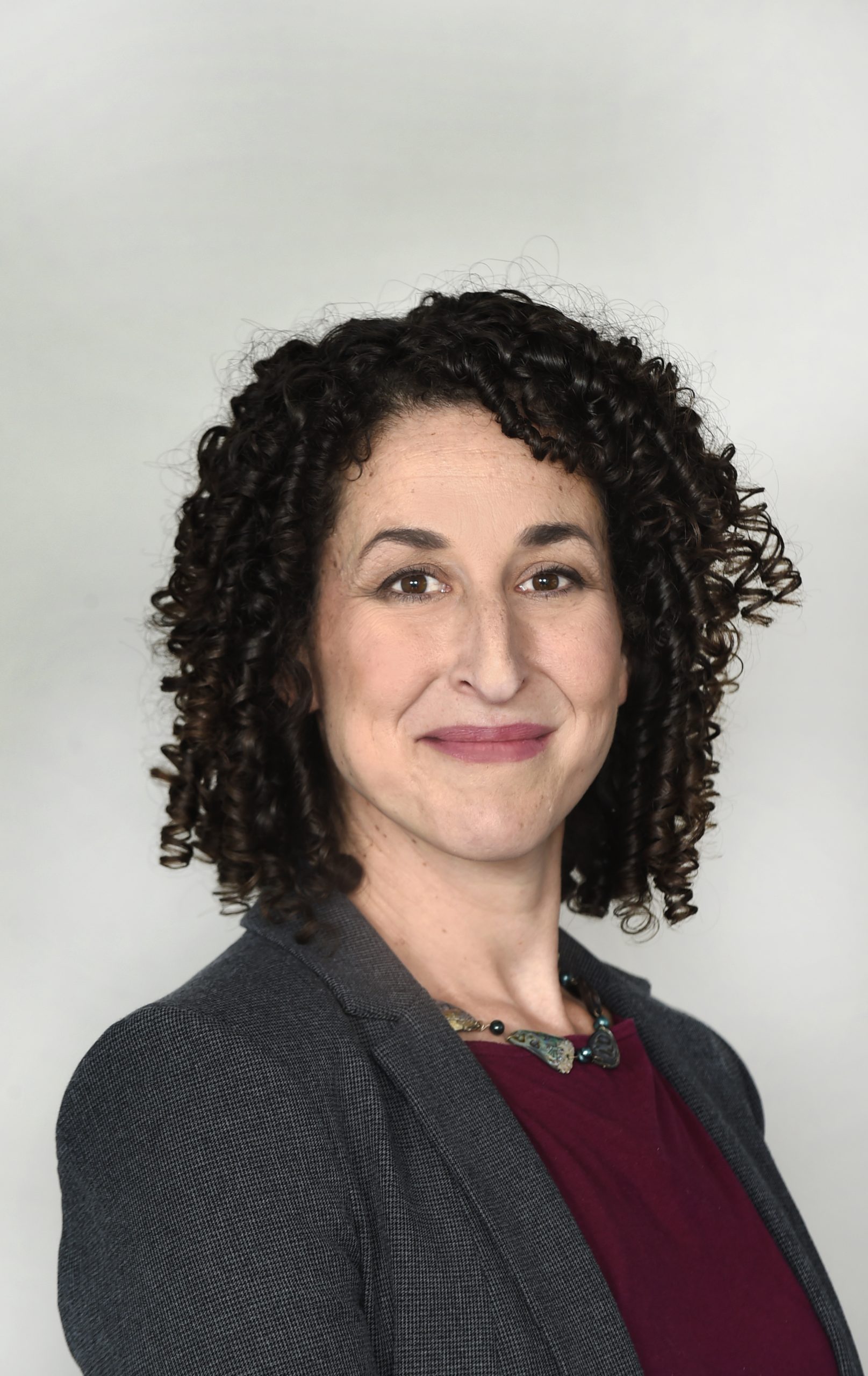
Dr. Eva Telzer is a Professor of Psychology and Neuroscience at UNC Chapel Hill. She is an Associate Editor at Child Development and Social Cognitive Affective Neuroscience, and the co-director of the Winston Center for Technology and Brain Development. Her research examines how social and cultural processes shape adolescent brain development, with a focus on both prosocial and risk-taking behaviors, family and peer relationships, and the role of social media in youth’s lives. She has authored over 200 publications and has received numerous awards for her work including an Association for Psychological Science Rising Star Award, an early career award from the Society of Research on Adolescence, a Young Investigator Award from the Flux Congress Society for Developmental Cognitive Neuroscience, and the American Psychological Association Distinguished Scientific Award for Early Career Contribution to Psychology. She is regularly featured as an expert in psychological science in consultation to government agencies and non-profit associations as well as media appearances in The New York Times, NPR, CNN, ABC, CBS, and NBC.
Additional Event Information
A Go Link has been created for easy access: https://go.wfu.edu/CLECON26
The event will take place in the Kulynych Auditorium of the Porter B. Byrum Welcome Center on the campus of Wake Forest University. The address for the Bryum Welcome Center is 1580 Wake Forest Rd, Winston-Salem, NC 27109. The Byrum Welcome Center is #53 on this Campus Map. Lot S2 is the closest parking lot to the venue.
View and download the conference flyer in PNG format, JPG Format, or PDF format.
For more information, please contact Tracy Stegman at CLE@wfu.edu.
Conference Partners
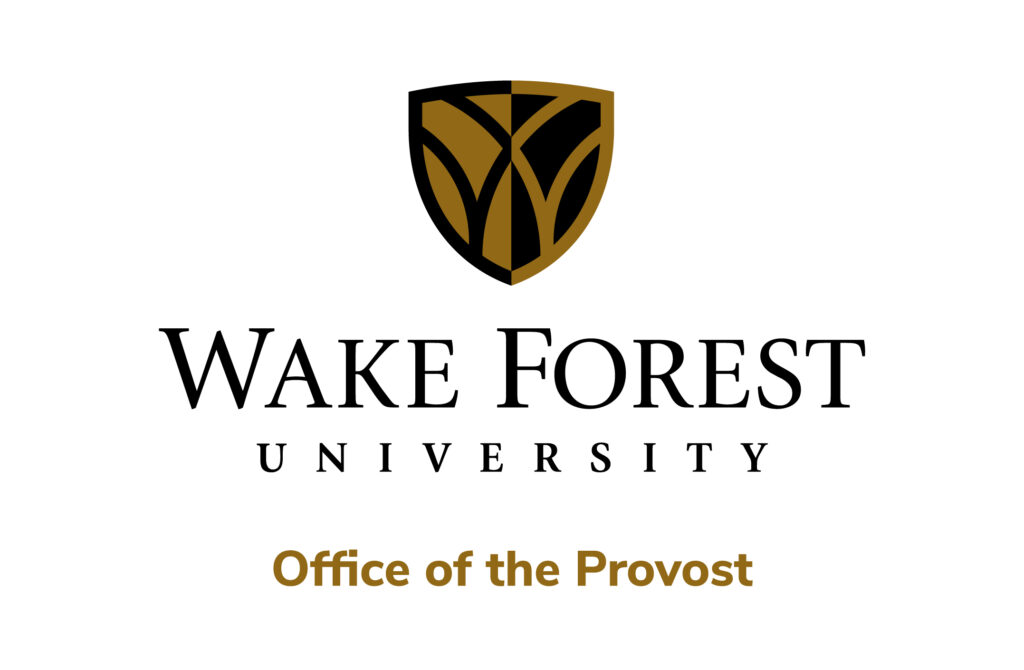

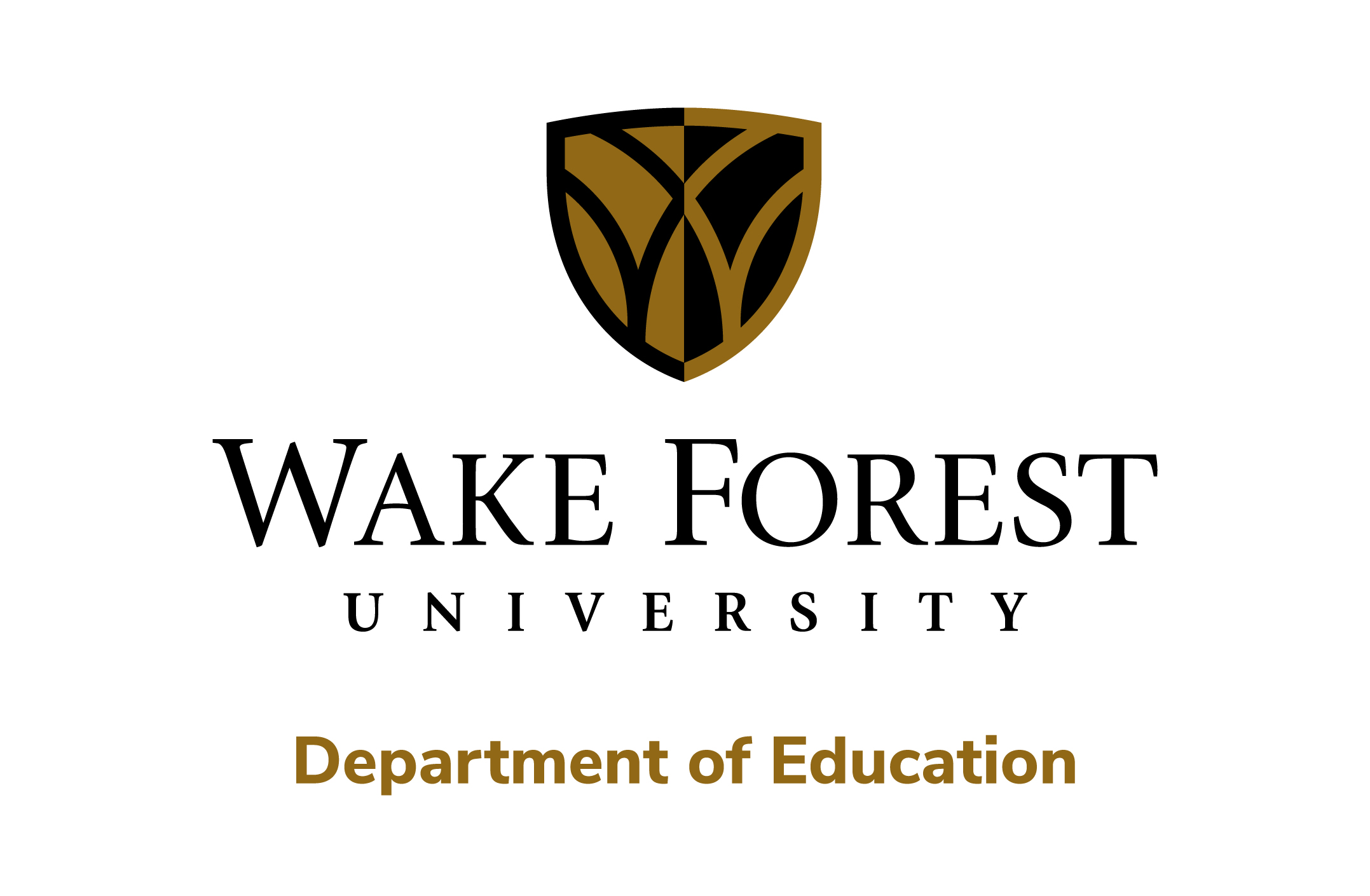

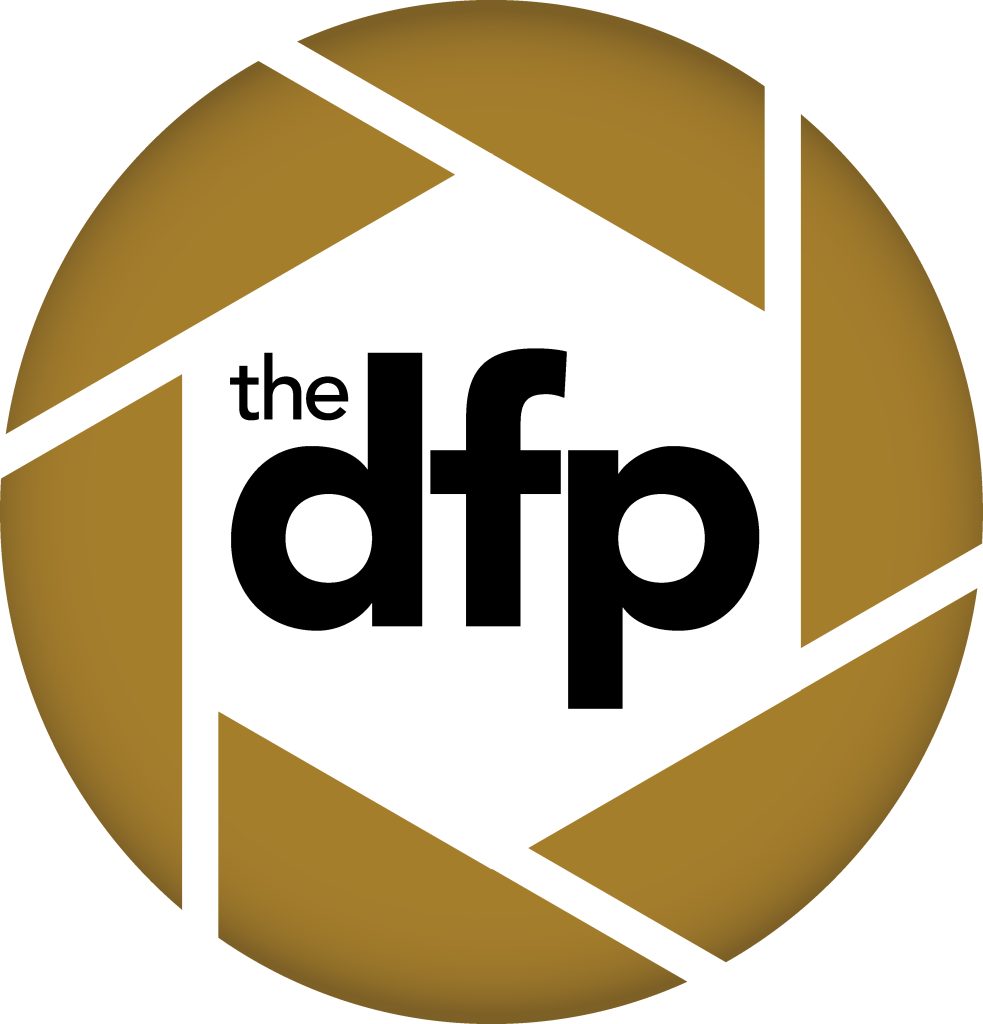

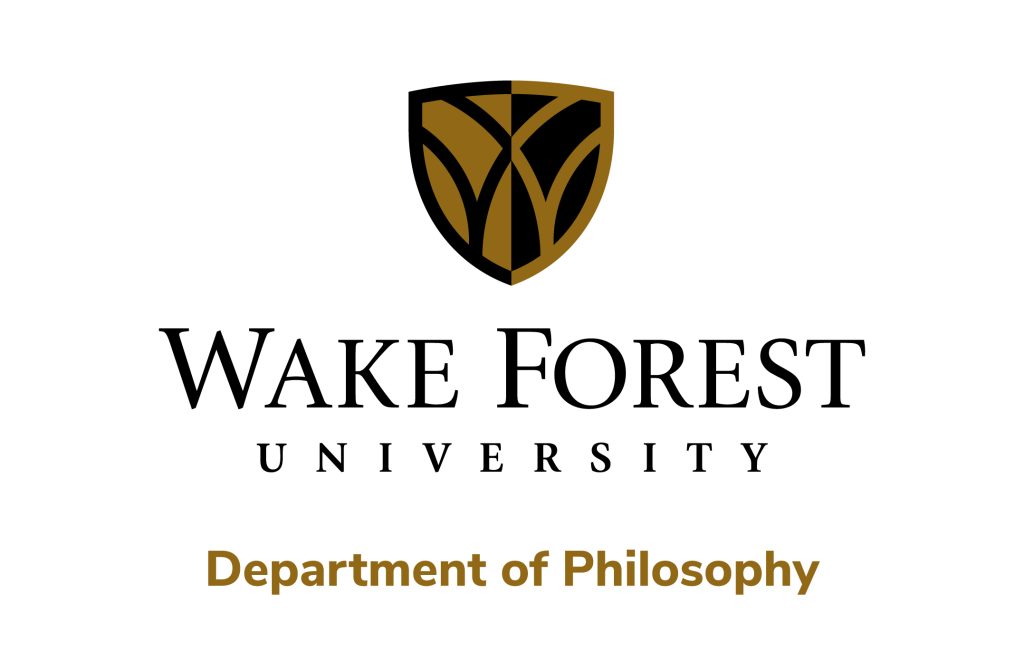
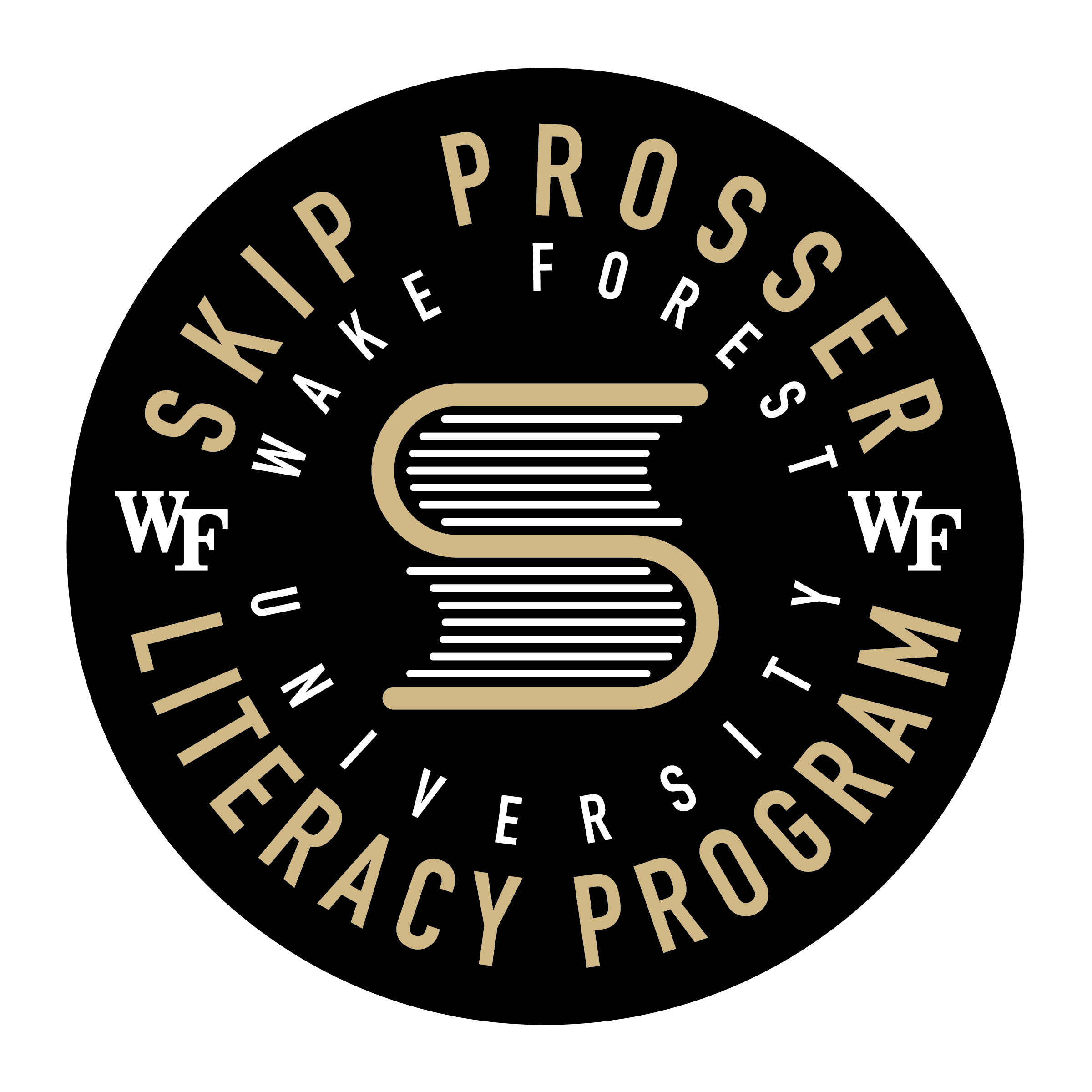


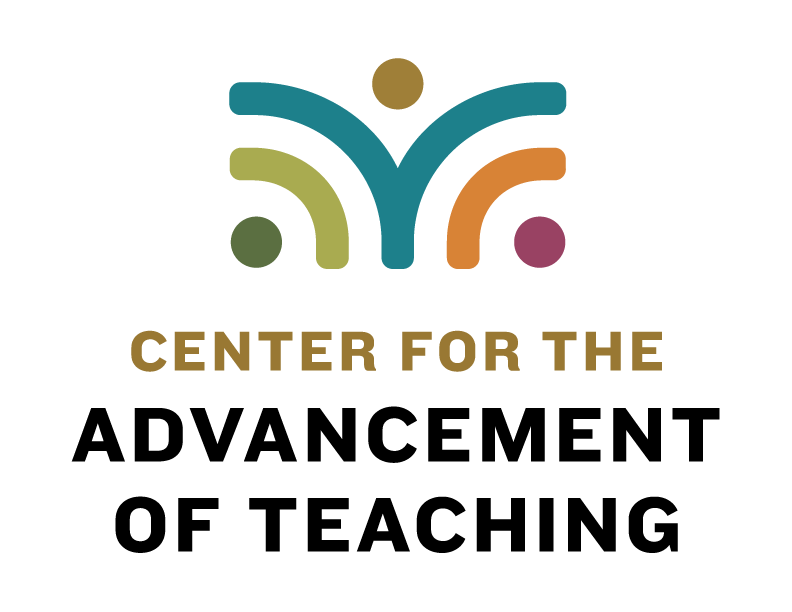
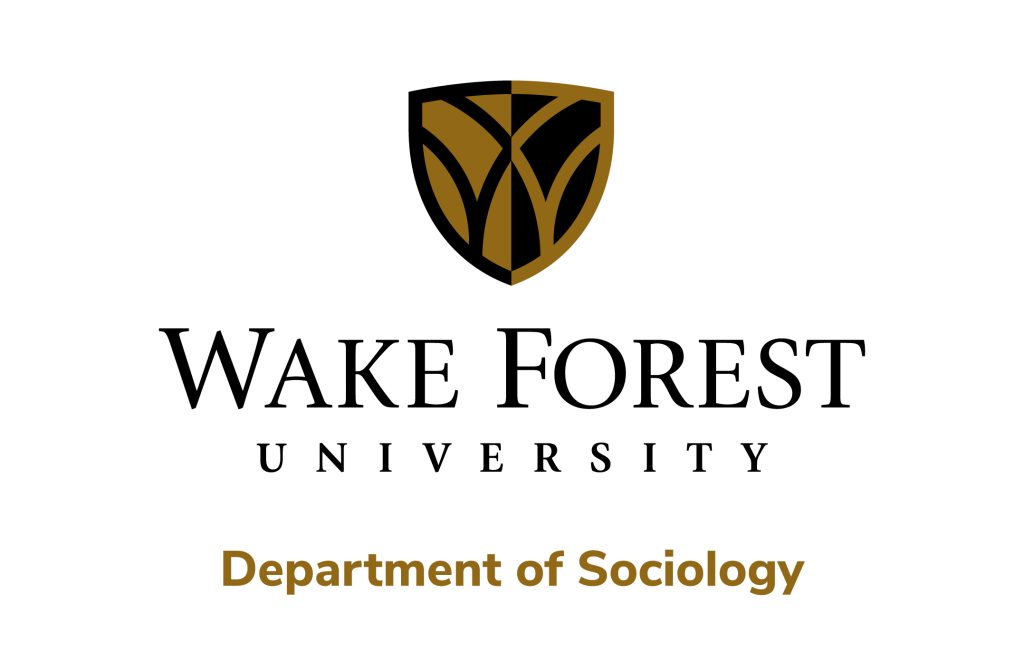
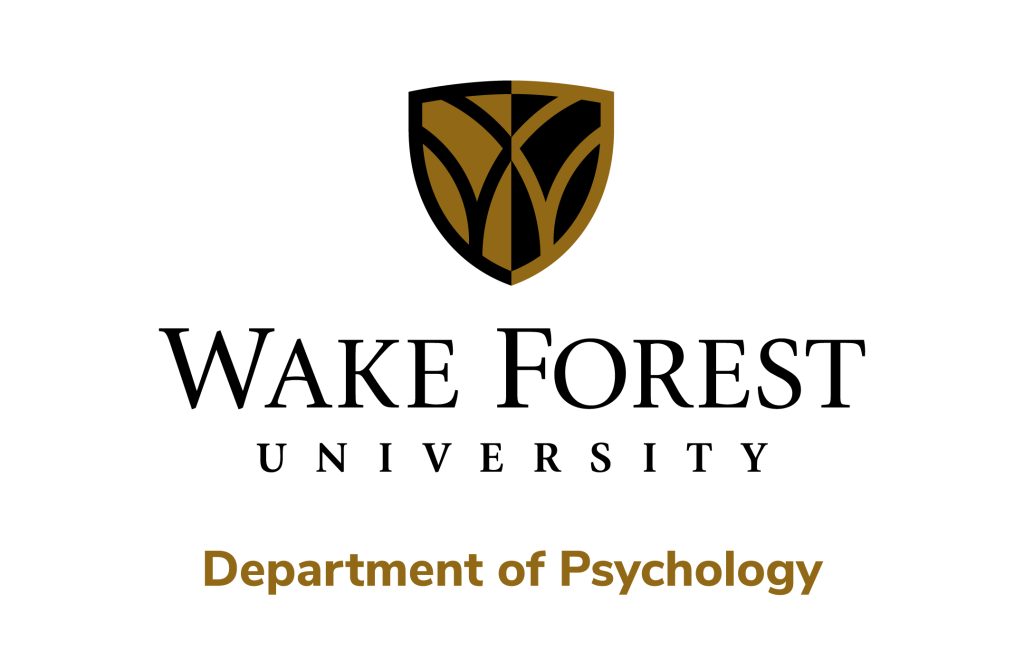

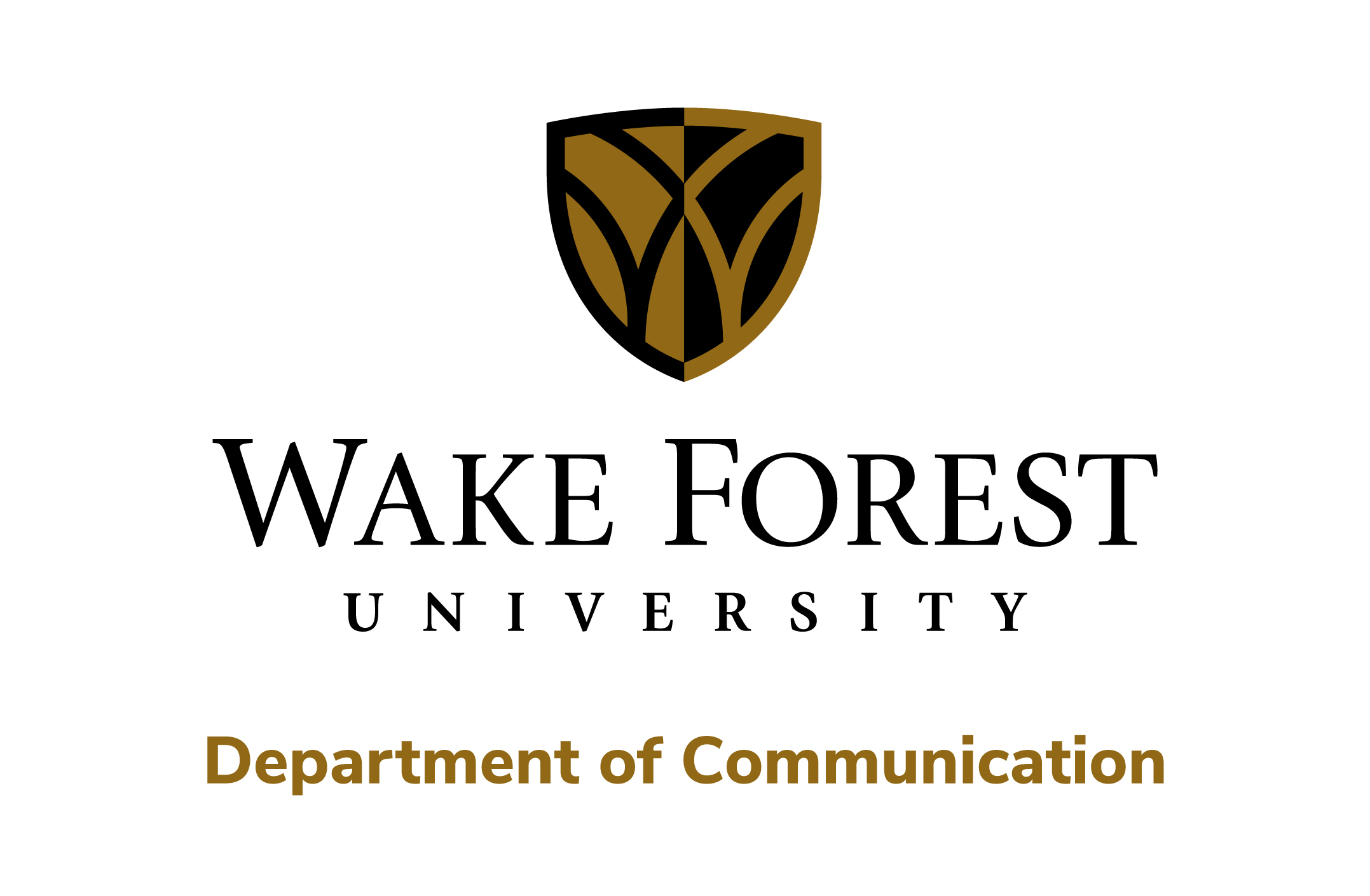
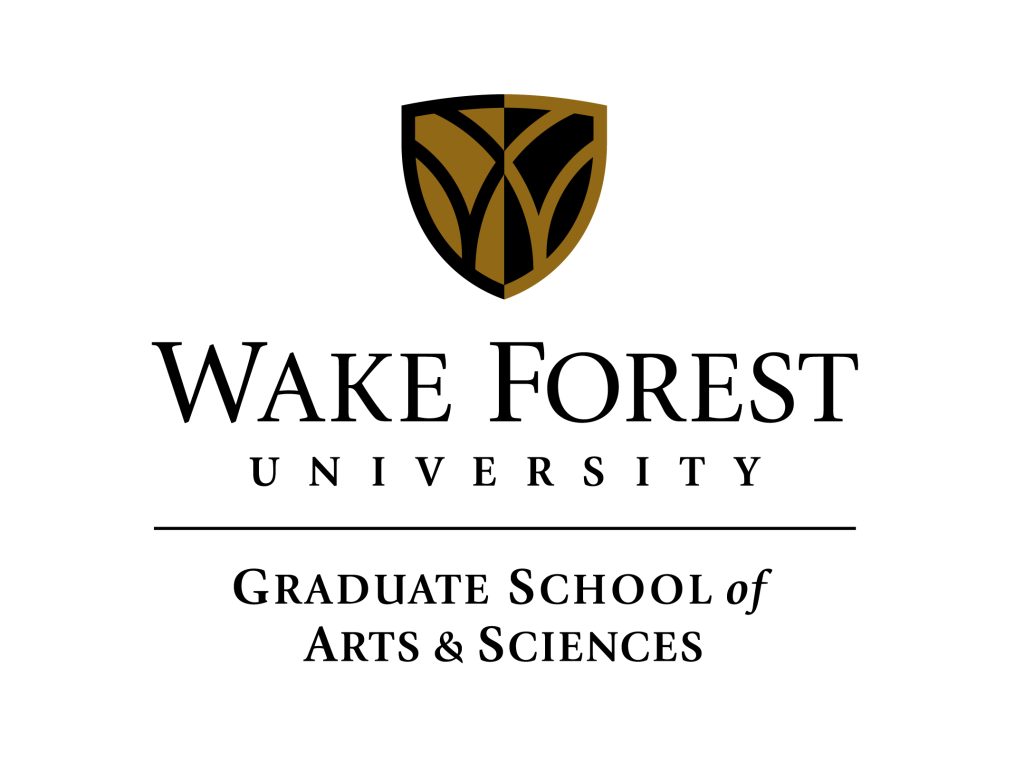
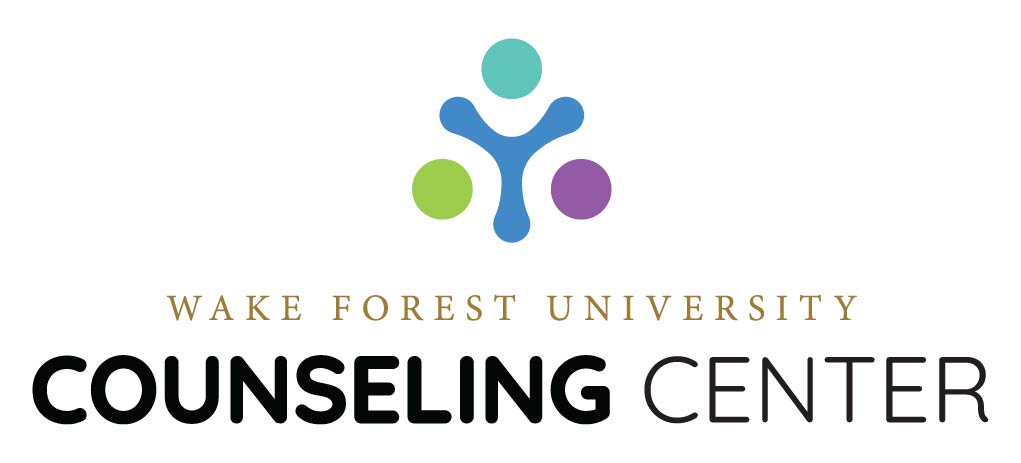
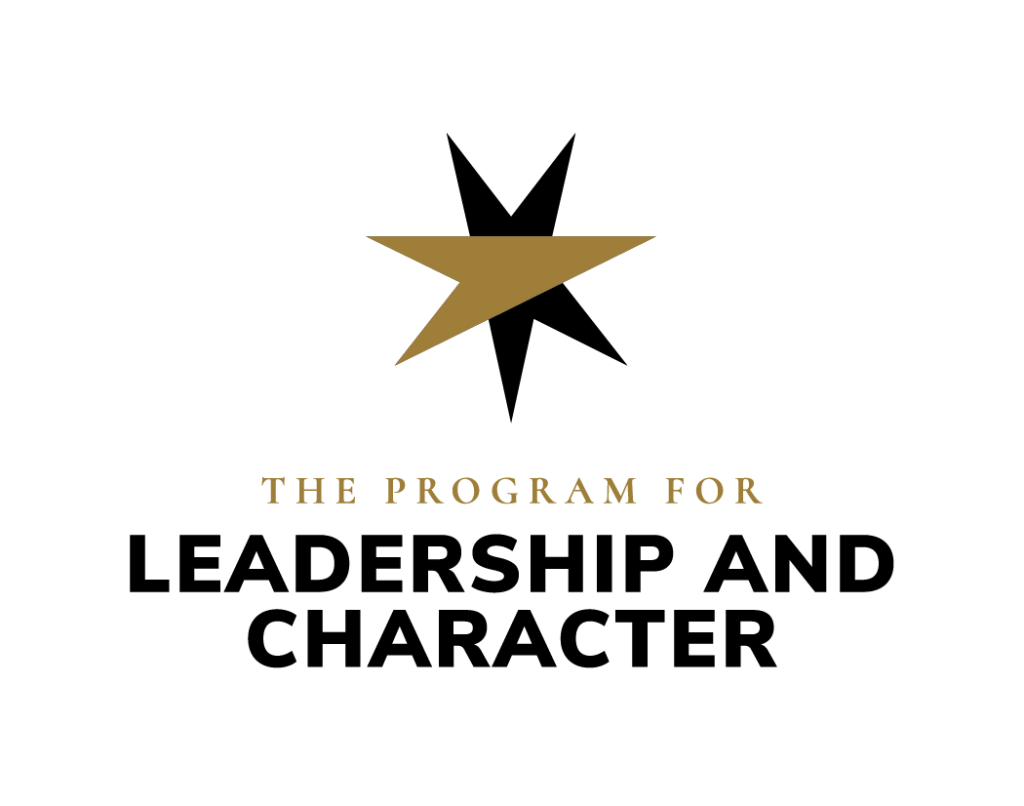
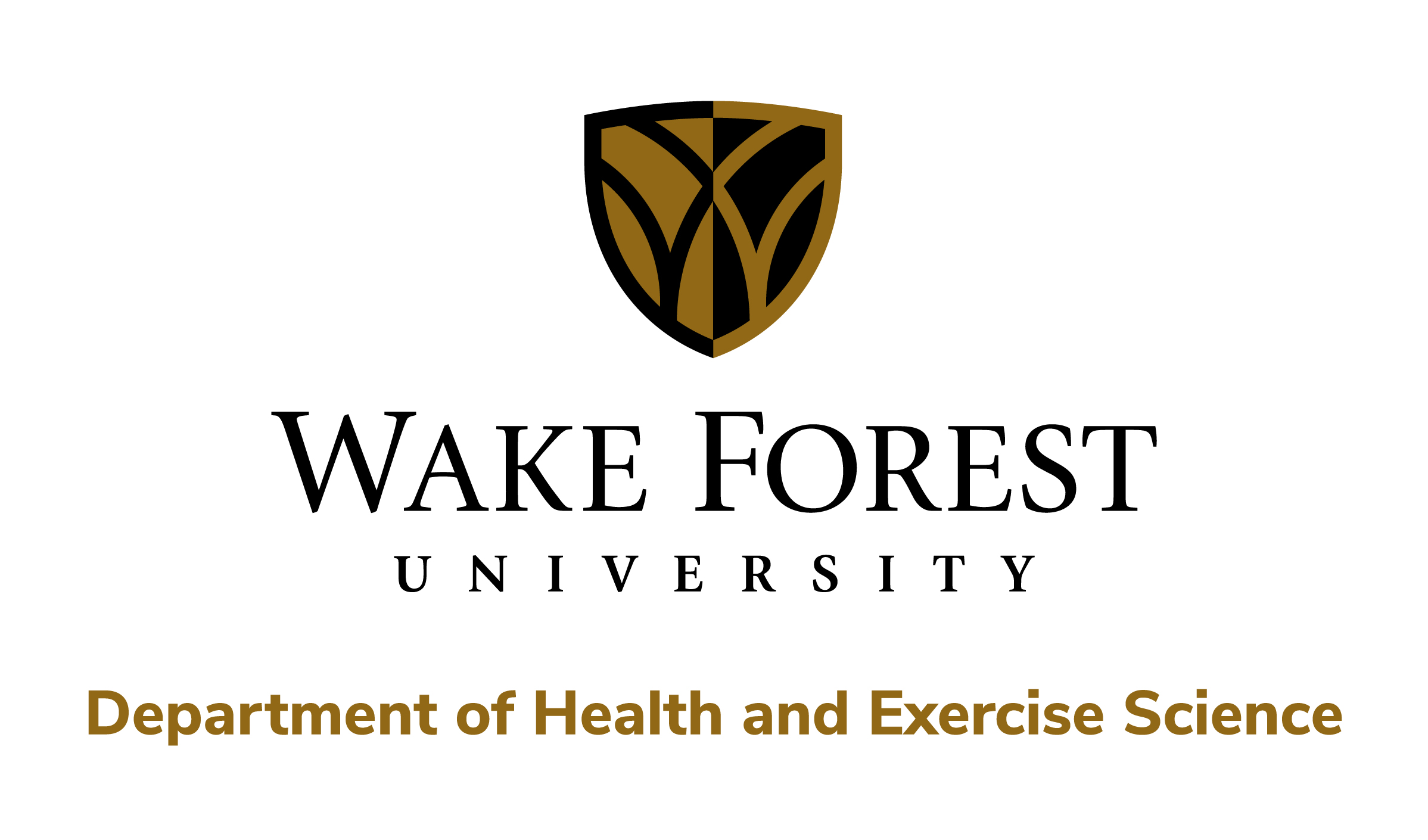








This event is co-sponsored by the National Endowment for the Humanities and the Wake Forest University Humanities Institute together: Democracy demands wisdom. Any views, findings, conclusions, or recommendations expressed at this conference do not necessarily represent those of the National Endowment for the Humanities.

